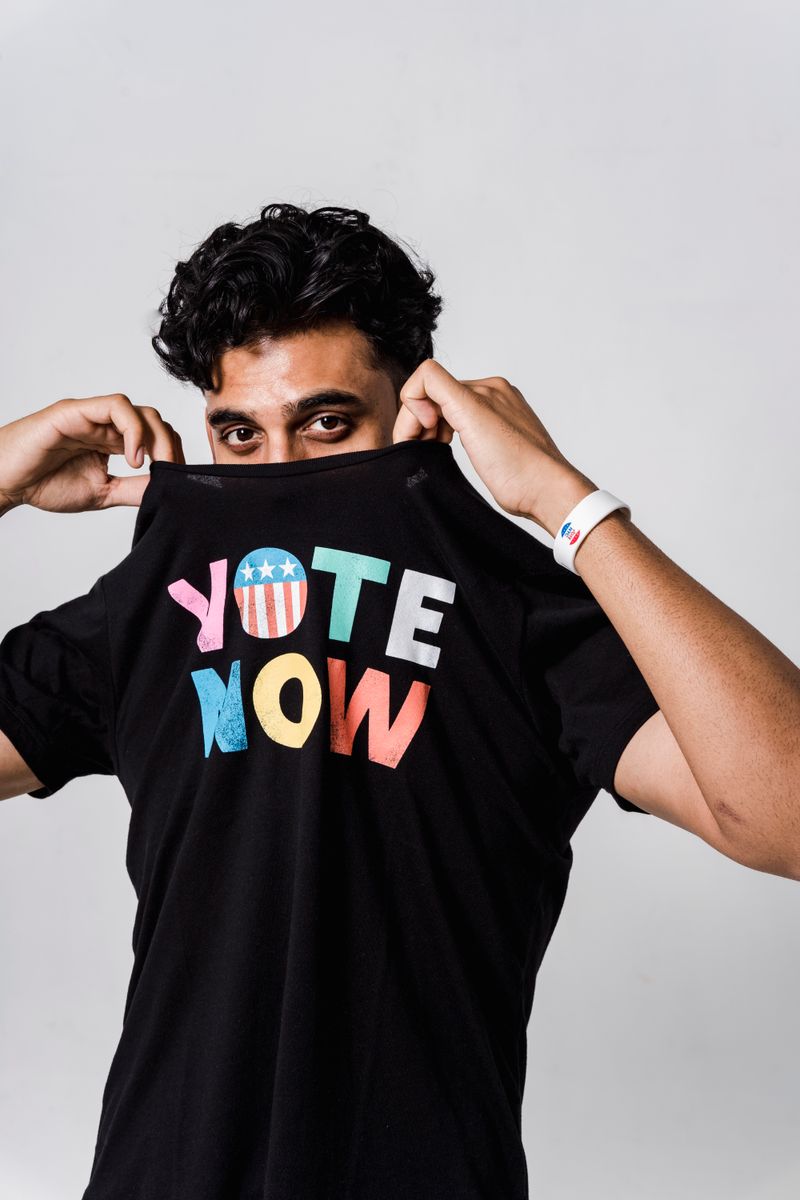Law: Proud Boys leaders sentenced to a combined 32 years for Jan. 6 riot
Judgment and Sentencing
On August 31, 2023, former Proud Boys leaders Joseph Biggs and Zachary Rehl were sentenced to 17 years and 15 years respectively in prison for seditious conspiracy and other crimes committed during the January 6, 2021, riot at the U.S. Capitol. Both Biggs and Rehl are former military service members who played prominent roles in organizing the actions of the Proud Boys on that fateful day. The sentencing was delivered by Judge Timothy J. Kelly, who also ordered Biggs to serve three years of supervised release and banned him from any interactions with organizations advocating violence against the government.
A National Disgrace
In his sentencing statement, Judge Kelly described the actions of Biggs, Rehl, and others involved in the riot as “a national disgrace” that contributed to the erosion of America’s tradition of a peaceful transfer of power. However, the sentences handed down by the judge fell short of the prosecution’s request of 33 years for Biggs and 30 years for Rehl. These penalties are also milder than the 18-year sentence given to Oath Keepers founder Stewart Rhodes for his separate conviction on seditious conspiracy charges related to the January 6 events.
Terrorism Enhancement and Intentions
The prosecutors sought to apply a “terrorism enhancement” to the charges in order to secure longer prison terms. Judge Kelly, however, chose to apply it only to one of Biggs’ and Rehl’s charges, specifically their role in the destruction of a fence surrounding the U.S. Capitol. The judge noted that although the actions of Biggs and Rehl were violent and deplorable, he did not believe they had the intention to cause loss of life or incite mass casualties. In justifying the sentences, Judge Kelly stated that he compared them to the sentences given to other defendants involved in the January 6 riots to prevent significant disparities.
Implications for Other Defendants
The sentencing of Biggs and Rehl sets a precedent for the penalties that the other three co-defendants convicted alongside them could face. Dominic Pezzola, who was acquitted of seditious conspiracy but found guilty of other charges, is scheduled for sentencing on Friday. The sentencing hearings for Enrique Tarrio and Ethan Nordean, originally scheduled for Wednesday, were postponed due to Judge Kelly falling ill. Nordean’s hearing is now rescheduled for Friday, along with Pezzola’s, while Tarrio’s is set for Tuesday, September 5.
Editorial: Lessons from the Sentencing of Proud Boys Leaders
The sentencing of Joseph Biggs and Zachary Rehl, former leaders of the Proud Boys, highlights crucial lessons that must be learned from the January 6 riot at the U.S. Capitol. This event symbolizes the dangerous consequences of radicalization, the erosion of democratic values, and the urgency to address the deep societal divisions plaguing the United States.
Radicalization and Group Dynamics
The Proud Boys, a self-proclaimed “Western chauvinist” organization, gained notoriety for their involvement in the events of January 6. These individuals, including Biggs and Rehl, became radicalized within the group, leading them to engage in violent acts. The allure of belonging to a community, the power of group dynamics, and the manipulation of public sentiment are factors that must be understood and addressed when combating extremism.
The Erosion of Democratic Values
Judge Kelly’s remark that the actions of Biggs, Rehl, and their cohorts constituted “a national disgrace” highlights the profound impact of the January 6 riot on America’s democratic values. The breach of the Capitol and the subsequent violence perpetrated by these individuals shook the nation’s trust in the peaceful transition of power, a fundamental pillar of democracy. It is a reminder that such actions threaten the very fabric of civil society and require a robust response to safeguard democratic institutions.
Addressing Societal Divisions
The case of the Proud Boys leaders brings attention to the toxic divisions in American society that fuel extremist ideologies. It is crucial to address the underlying factors that contribute to radicalization, such as economic disparities, political polarization, and the manipulation of grievances. It is only through a comprehensive approach that promotes dialogue, empathy, and understanding that these deep divisions can be healed.
Advice: Moving Forward
The sentencing of Joseph Biggs and Zachary Rehl serves as an opportunity for reflection and a call for action in moving forward as a nation.
1. Strengthen Counter-Radicalization Efforts
Law enforcement agencies, educational institutions, community organizations, and social media platforms must intensify their efforts to counter radicalization. This involves identifying individuals at risk, providing resources for education and rehabilitation, and promoting inclusive and tolerant societies where extremism finds no fertile ground.
2. Safeguard Democracy
Protecting the institutions and values that uphold democracy is of paramount importance. Ensuring the security of government buildings, strengthening electoral processes, and holding accountable those who undermine the rule of law are essential steps to prevent future acts of violence and safeguard the democratic principles on which the country was founded.
3. Foster National Unity
The sentencing of Biggs and Rehl should serve as a catalyst for unity and healing. It is crucial to prioritize national reconciliation, reaching across political and social divides to build a stronger and more inclusive society. This requires open dialogue, empathy, and a commitment to understanding one another’s perspectives.
4. Address Socioeconomic Inequities
To combat the underlying factors that contribute to radicalization, it is crucial to address socioeconomic inequities. Investing in education, expanding economic opportunities, and reducing inequality will help reduce the appeal of extremist ideologies that prey on grievances rooted in economic disparities.
The January 6 riot and the subsequent sentencing of Proud Boys leaders Joseph Biggs and Zachary Rehl are powerful reminders of the challenges facing the United States. However, by learning from these events and taking the necessary steps to address the deep societal divisions, the country can emerge stronger, more united, and dedicated to preserving its democratic ideals.

<< photo by Brett Sayles >>
The image is for illustrative purposes only and does not depict the actual situation.




